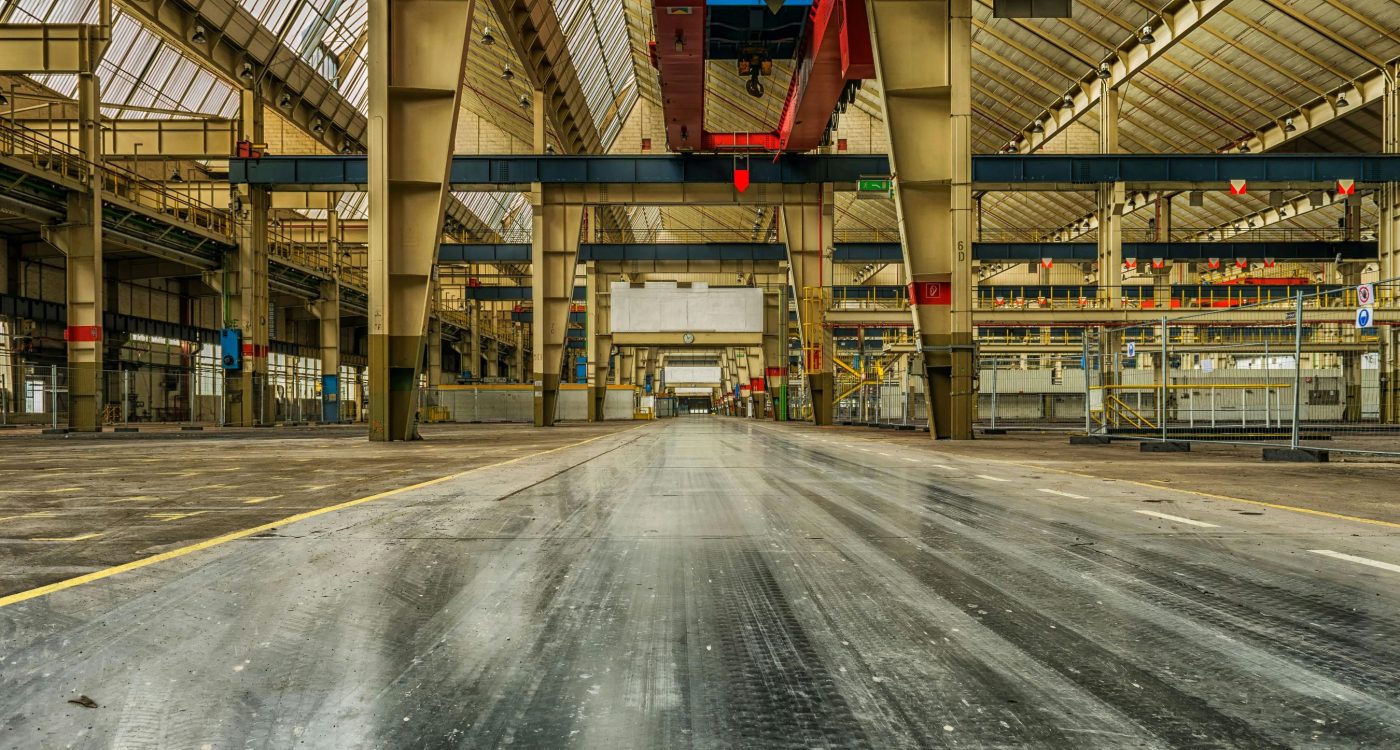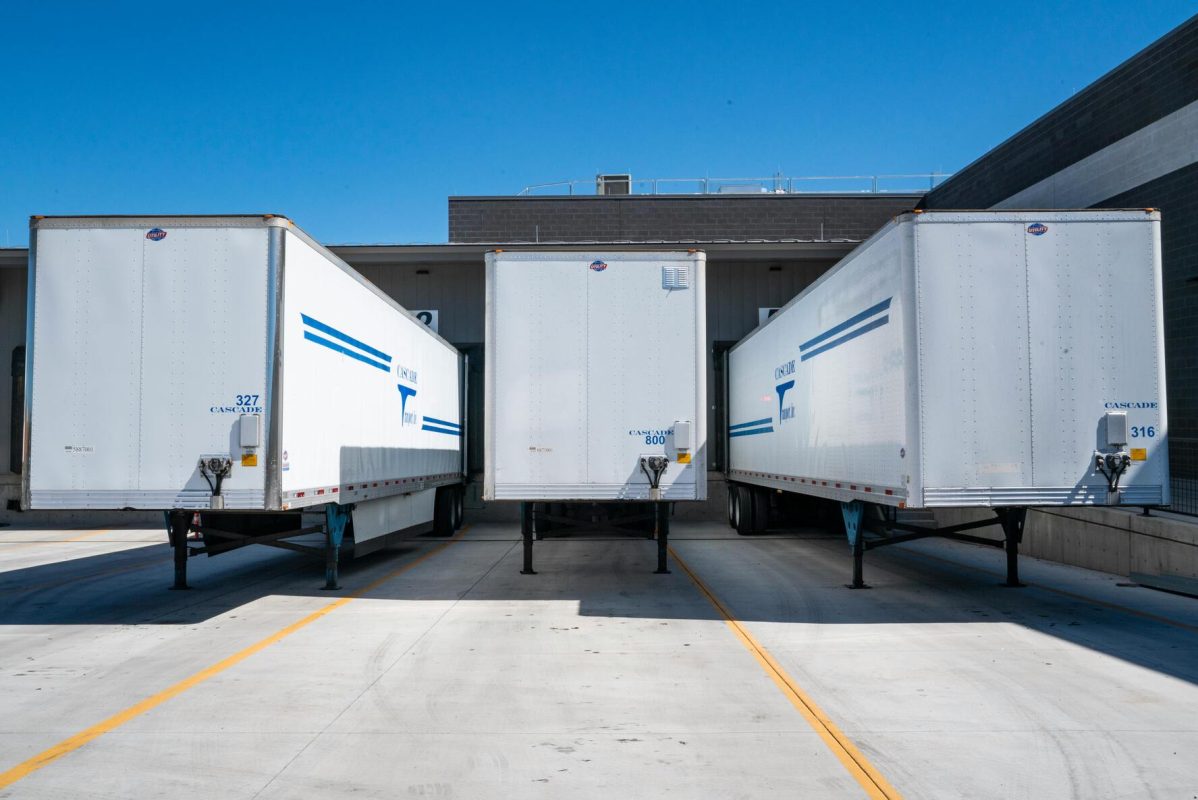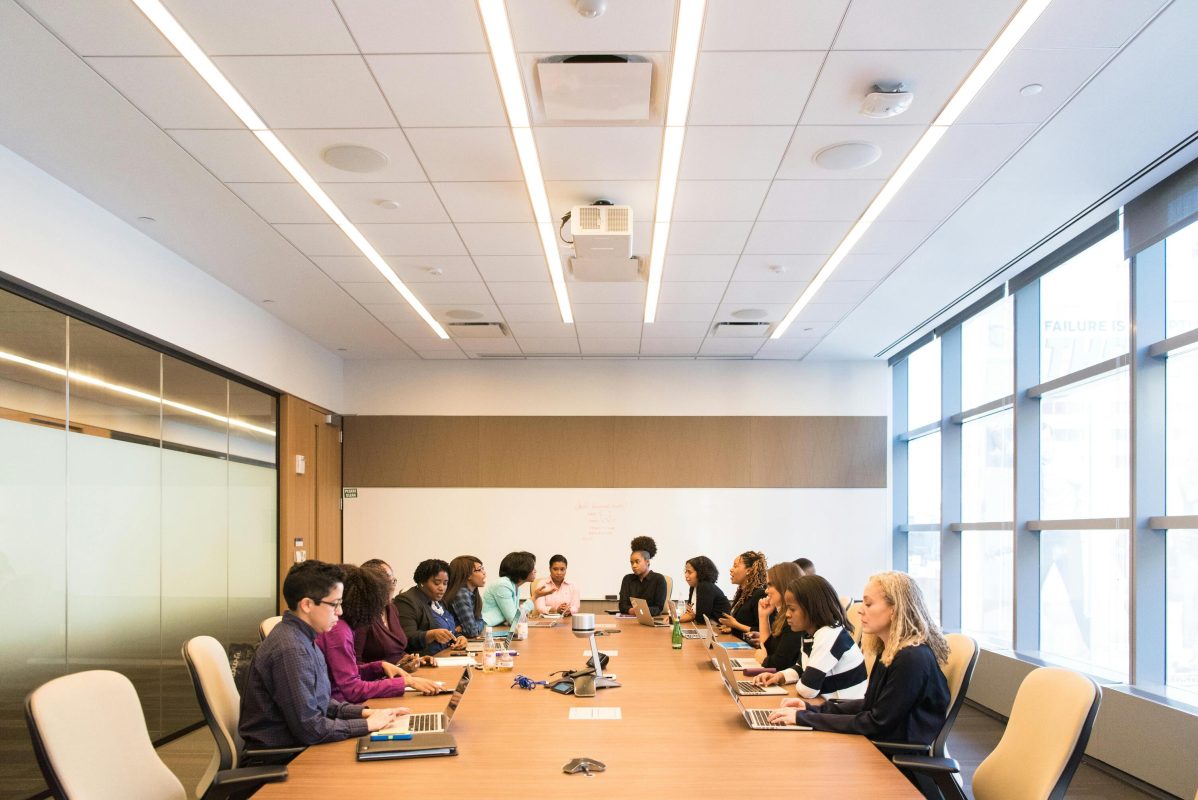Manufacturing enterprises and location-related legal issues
Unlike enterprises operating in the services, trading, or consulting industries, manufacturing outsourcing enterprises are under great pressure in choosing a location. Choosing the right location can contribute to determining the success of a manufacturing enterprise because it is not only related to issues of raw material supply, transport convenience, or market potential but shall also meet legal requirements.
In the context of changing laws and economic policies, manufacturing enterprises need to understand and meet the legal requirements related to the location of their operations. This requires a deep understanding of the law and the ability to adapt quickly to new changes. In this article, we would like to share with you the points to note for renting places to operate factories or headquarters of processing and manufacturing enterprises.

1. Choose a location suitable for the needs of the Investor
What is a suitable location for investors and enterprises to perform production activities?
To answer this question, investors will need to consider the following points: what product does the enterprise plan to produce, how much is the expected capacity over a specific period, the degree of influence How to evaluate the environment, what types of waste will be generated into the environment, whether there is hazardous waste or not, and a series of questions that investors and enterprises will have to answer before proceeding to find a suitable rental location.
This comes from the fact that to ensure environmental issues, land use planning, and industry planning, each locality will have its regulations on where each type of industry is allowed to operate. Accordingly, some industries such as textiles, garments, electronics, pharmaceuticals,…will often require operating locations in industrial parks to ensure infrastructure conditions in waste treatment. Besides, some localities will have restrictions for the establishment of companies engaged in manufacturing and processing specific goods, when that locality thinks that with the current density of enterprises and surrounding residents, the opening of more factories operating that type of goods will lead to local pollution.
2. Assess the legality of the rental location
It is understood that investors and enterprises will need to determine whether the proposed rental location will ensure the normal operation of the business.
If the rental location is located outside the industrial park, there are some points that investors and enterprises should thoroughly check before making any agreement as well as making a deposit, specifically:
- Whether the proposed rental location is established by legal documents to prove the lawful ownership and use rights of the lessor;
- Whether the rental location is in dispute, complaint, or planning problems. For this issue, you can completely check when you contact directly the land management agencies in the rented area. For production or processing activities, the initial investment cost of infrastructure construction is not small, so when the rental location has any dispute or planning, this will lead to disruption of enterprise activities. The party involved in the dispute will have the right to request the Court to apply temporary urgent measures to the leased property as well as to take actions that are not allowed by law to affect the investor’s activities, and enterprises.
- The lessor has full legal rights to enter into a lease agreement with investors or enterprises. If the lessor is an individual, it is necessary to determine how many co-owners, if there are more co-owners, it is mandatory to get the consent of the co-owners by signing the lease or authorizing the remaining third party or co-owner to perform the lease.
- On the contrary, if the lessor is an enterprise, it is necessary to check the industry to ensure that the enterprise is entitled to perform leasing activities. In case the investor or enterprise is a sublessee but not the first lessee, besides checking the industry of the lessor, you need to review the lease contract to determine if the lease agreement is a valid sublease, the sublease requires the consent of the original lessor.
- Remaining land use term and land use purpose, Investor will need to check that in the case of enterprise leasing land, the purpose of use after the lease and the current purpose recorded on legal documents is appropriate because land law requires land to be used for its right purpose.
For the leased location located in the industrial park, depending on the case, the investor and the enterprise lease the land use right and build a factory on the land or lease the existing factory, but the steps to establish the contract are: there is also a difference. In particular, in the case of leasing land use rights from the investor of the industrial park, usually in some cases the industrial park is only allowed to lease to the investor already built infrastructure.
Therefore, there will be cases where investors and enterprises will have to conduct the first step to build, but the person whose name is on the construction permit is the investor of the industrial park. In other words, the lessee is the party that invests and works with the builder, but the legal documents will still recognize the new industrial park as the owner of the construction work. This is not a concern if the contract between parties binds the terms of the use of the construction work, the termination before the deadline, and the handling mechanism when the lessor breaches the contract to minimize the lessee’s investment costs in the construction work.
In addition, manufacturing enterprises shall also comply with regulations related to the environment, labor safety, and labor rights. Ensuring a healthy and safe environment and ensuring employees’ rights is an indispensable factor in maintaining a reputation and creating trust for both employees and customers. In the context of changing laws and economic policies, manufacturing enterprises need to understand and meet the legal requirements related to the location of their operations. This requires a deep understanding of the law and the ability to adapt quickly to new changes.
Time of writing: 30/06/2023
The article contains general information which is of reference value, in case you want to receive legal opinions on issues you need clarification on, please get in touch with our Lawyer at info@cdlaf.vn

Why choose CDLAF’s service?
- We provide effective and comprehensive legal solutions that help you save money and maintain compliance in your business;
- We continue to monitor your legal matters even after the service is completed and update you when there are any changes in the Vietnamese legal system;
- Our system of forms and processes related to labor and personnel is continuously built and updated and will be provided as soon as the customer requests it;
- As a Vietnamese law firm, we have a thorough understanding of Vietnam’s legal regulations, and grasp the psychology of employees, employers, and working methods at competent authorities;
- CDLAF’s team of lawyers has many years of experience in the field of labor and enterprises, as well as human resources and financial advisory.
- Strict information security procedures throughout the service performance and even after the service is completed.
You can refer for more information:
- Methods for enterprise to effectively control and debt management
- Reduction of Principal for Customers
- Method to publish and get consent to péonal data processing
- Terms of deposit penalty and compensation for damage in the Contract
- Transfer of contributed capital when not enough capital has been contributed, risks and important considerations
- Establishment of a branch of foreign Trader in Vietnam
- Foreign investors and labor outsourcing activities in Vietnam










